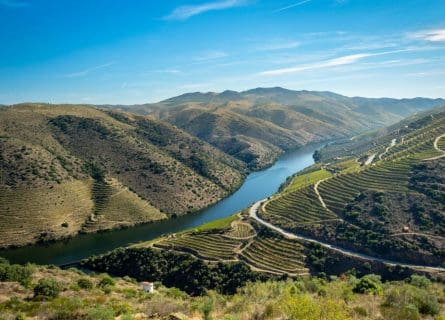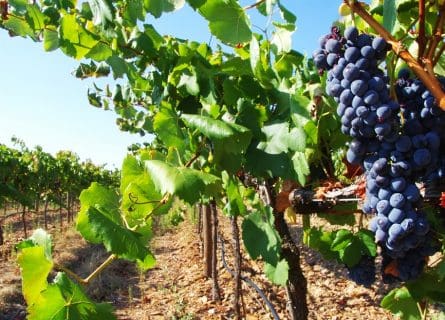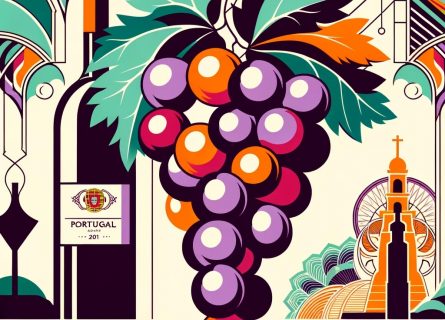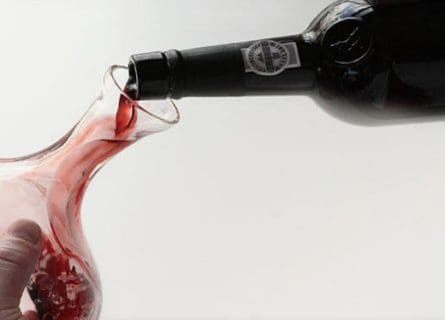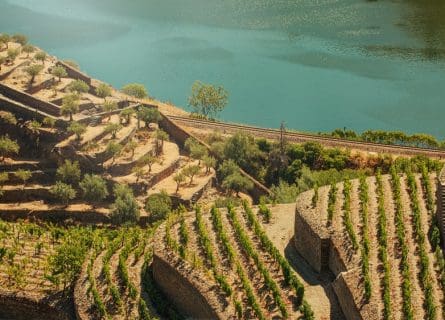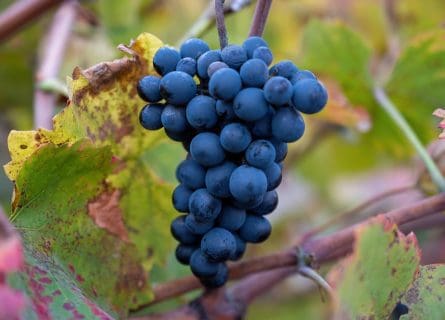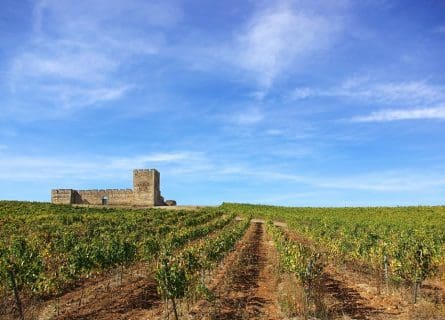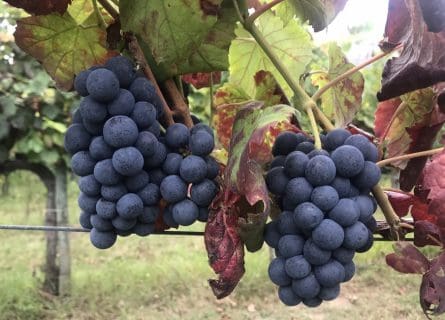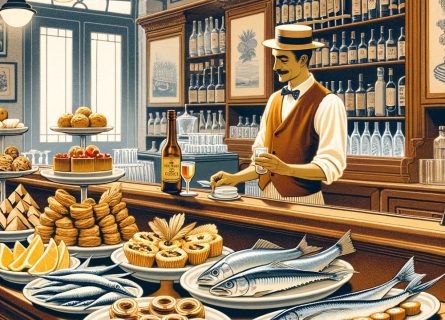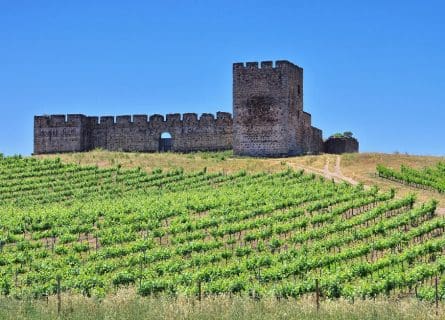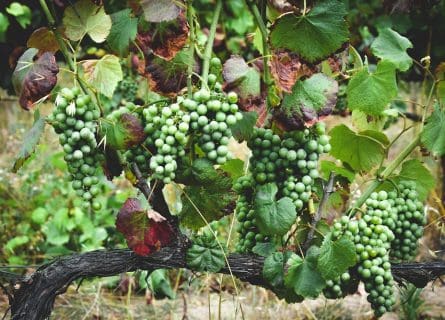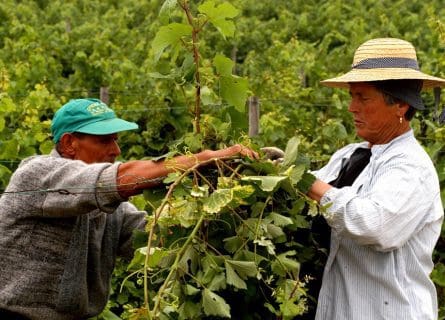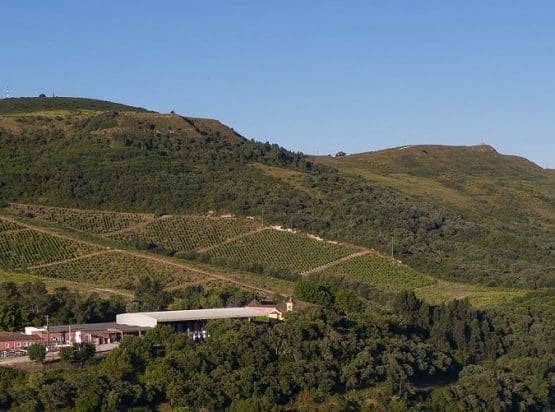
Cascais Travel Guide
Escape to the Blissful Charm of Cascais: Your Ultimate Travel Guide to Portugal's Enchanting Coastal Gem.
One of Portugal’s prettiest coastal towns, Cascais, was a sleepy fishing village until King Luís I’s Royal Court arrived in 1870, bringing glamour that is still very prominent/present today. Since even before medieval times, Cascais had lived off fishing on these Atlantic shores, servicing a large part of Lisbon. During the exploration of the “new world,” Cascais was important to Lisbon strategically due to its proximity to the Tagus River (Rio Tejo), becoming quite wealthy from the maritime trade and services. Unfortunately, the great earthquake of 1755, which wiped out most of Lisbon, also destroyed much of Cascais (and subsequently, many of the oldest buildings in Cascais now date to this period, when rebuilding began).
Located about a half-hour west of Lisbon along the coast, chic and exuberant Cascais is well worth visiting in the area, especially for one of our gourmet cooking classes! In addition, romantic and aristocratic Sintra, pretty Óbidos, and the palaces of Mafra and Queluz are all nearby. They can easily be combined with Cascais and Lisbon for an exciting gourmet tour of Portugal.
Cascais has long been invaded and occupied, from the Spanish Duke of Alba’s troops in the late 1500s to the Napoleonic forces in the early 1800s. Many fortresses and citadels were erected over the centuries along this coastline (the Estoril coast); today, some have even been converted into hotels. The end of the 19th century, when the Royals arrived, is when Cascais blossomed into the town it is now, with the construction of many aristocratic palaces and villas. In the 1920s, the first electric railway in Portugal was completed between Lisbon and Cascais, further opening the city to commerce and tourism.
Foreigners, politicians, artists, and exiles began to flock to Cascais and neighboring Estoril in the first half of the 20th century after the Spanish civil war and WWII. Many heads of state and European nobles came here to escape persecution in their countries (Portugal was neutral in the war), from King Umberto of Italy to Prince Juan of Spain, nobles from Bulgaria, France, Hungary, and even a few Hapsburgs thrown in. This influx of such various characters gave Cascais and this tiny coastline an authentic international flavor. The town is firmly on the circuit for Europe’s young and wealthy jet set and a more mature crowd who hit the casinos along the coast.
-
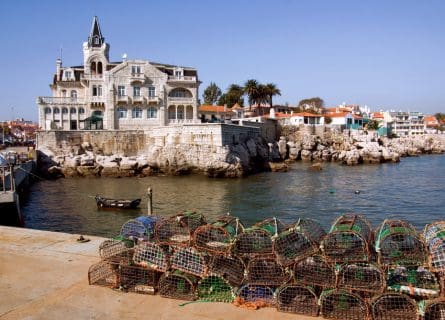
Lobster Pots stacked on quay. Gastronomy & Wine
The gastronomy of Cascais is still heavily dependent on seafood and shellfish. Nearby in Guincho, you will find some excellent restaurants, including the Michelin-starred Fortaleza do Guincho (also a Relais & Chateaux). Central Portugal has an array of wine regions. The closest regions to Cascais include Bucelas (a tiny spec of a region demarcated in 1911 but whose wine production dates to Roman times; makes Arinto-based white wines), Carcavelos (a region near the Tagus, making delicate sweet wines and whose namesake village is famous for surfing) and Colares (unusual “Ramisco” vineyards dug into trenches on sandy soils, whose winemakers are under pressure from developers for the coastal land).
Further north, you have the Ribatejo region with many beautiful wine estates. To the east (near the beautiful Unesco world heritage town of Évora), you have the spectacular Alentejo, our favorite wine region in Portugal for its high-quality wines, romantic estates, and castle-studded towns.
Nearby Wine Regions
-
 Discover the unique flavors of Bucelas Wine Region. Home to Portugal's renowned Arinto grape. Visit and taste exquisite wines. Plan your trip now. Read more
Discover the unique flavors of Bucelas Wine Region. Home to Portugal's renowned Arinto grape. Visit and taste exquisite wines. Plan your trip now. Read more -
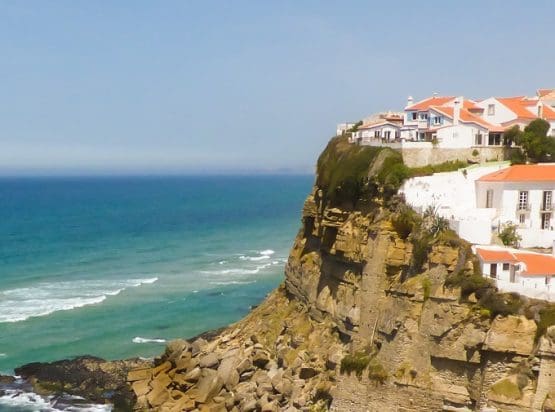 Experience the unique terroir of the Colares Wine Region in Portugal. Discover its wines and breathtaking scenery. Plan your visit! Read more
Experience the unique terroir of the Colares Wine Region in Portugal. Discover its wines and breathtaking scenery. Plan your visit! Read more -
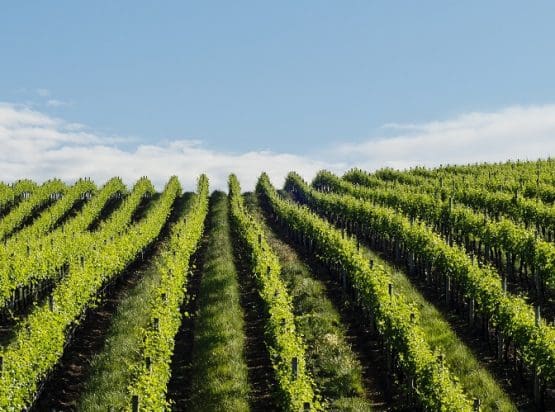 Discover the rich history and exquisite flavors of the Carcavelos wine region. Learn about its unique production methods and taste the best wines Read more
Discover the rich history and exquisite flavors of the Carcavelos wine region. Learn about its unique production methods and taste the best wines Read more -
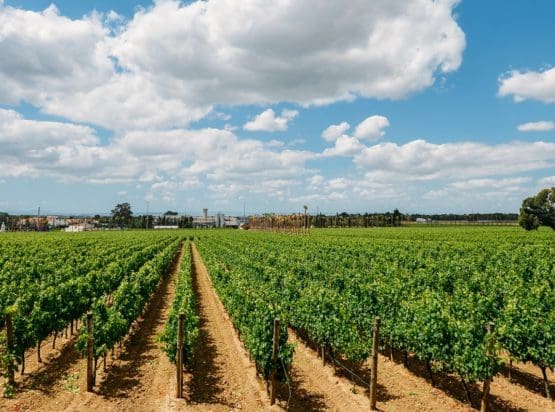 Experience the taste of Portugal's coastal Setubal wine region. Our guide showcases the best wineries, varietals, and insider tips. Start your journey today! Read more
Experience the taste of Portugal's coastal Setubal wine region. Our guide showcases the best wineries, varietals, and insider tips. Start your journey today! Read more
Highlights
-
Museu do Mar
The very interesting Museum of the Sea in Cascais is located in the old sporting club, built in 1879 under Prince Carlos. The museum was installed here in the early ’90s, then revamped again in the late ’90s. Collections include Aquatic archeology, Portuguese navigation and exploration, and traditional fishing.
-
Museu Condes de Castro Guimarães
A “must do” while in Cascais, this pretty little museum is housed in a historic villa with gardens, and features an array of tapestries, paintings, furniture and other objects of art.
-
lgreja de Nossa Senhora da Assuncão
This graceful 16th-century church features ancient tilework on the facade and exquisite ornate altars.
-
Festival de Jazz Estoril
Annual (excellent) jazz festival that takes place in the Fortaleza de Cascais (the old fortress).
-
Boca do Inferno
This coastal cave about a mile out of town on the coast has become the most famous attraction. Meaning “Hell’s Mouth”. It is especially impressive on a blustery day with huge waves.
-
Castro Guimarães Museum
This delightful palatial building was constructed in 1902 by a wealthy Irish businessman, Jorge O’Neil. It’s an impressive mix of mock Gothic and classic Portuguese architecture with Arabian style stonework and arches. You can visit both the park and museum free of charge (the museum closes on Sundays and Mondays)
-
Casa de Santa Maria and Santa Marta Lighthouse
These two pretty buildings are next to each other and are probably the most photographed view in Cascais. Just across the road from the Castro Guimarães Museum, Santa Maria house was acquired by Cascais Council only recently in 2004 from the Espirito Santo family.
-
Paula Rego House of Stories
The Paulo Rego House of Stories first opened its doors in 2009, designed to be an international space where not only Paula Rego’s work and that of her husband Victor Willing is exhibited, but many temporary exhibitions feature and the vast auditorium is used for a wide variety of events, activities and educational incentives. The building itself is a striking terracotta colored collection of blocks and pyramids. You can simply enjoy a stroll around the gardens or sit for a coffee and admire the unusual architecture (Eduardo Souto de Moura won the Pritzker Prize for this masterpiece)
-
Bike Ride to Guincho Beach
The beaches of Cascais are a highlight in themselves and there are so many which vary from the pretty town beaches, secluded coves to extensive masses of golden sands and dunes. A fun way to visit Guincho beach which is 7 miles north of Cascais is by bike. There are free bikes supplied by the Council which you can pick up by simply leaving some ID or you can hire bikes and even e-bikes which will help, especially when the wind is against you.
Recommended for you
More information
If you would like us to customize an exclusive luxury tour, contact us and let us know your travel plans. We offer luxury food and wine tours for private groups of a mininium two guests. In addition, all of our private, chauffeured tours are available year-round upon request.


